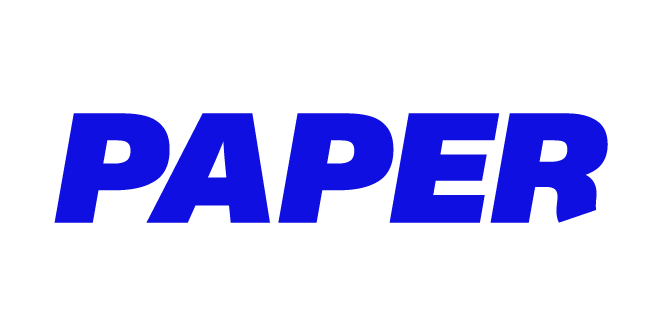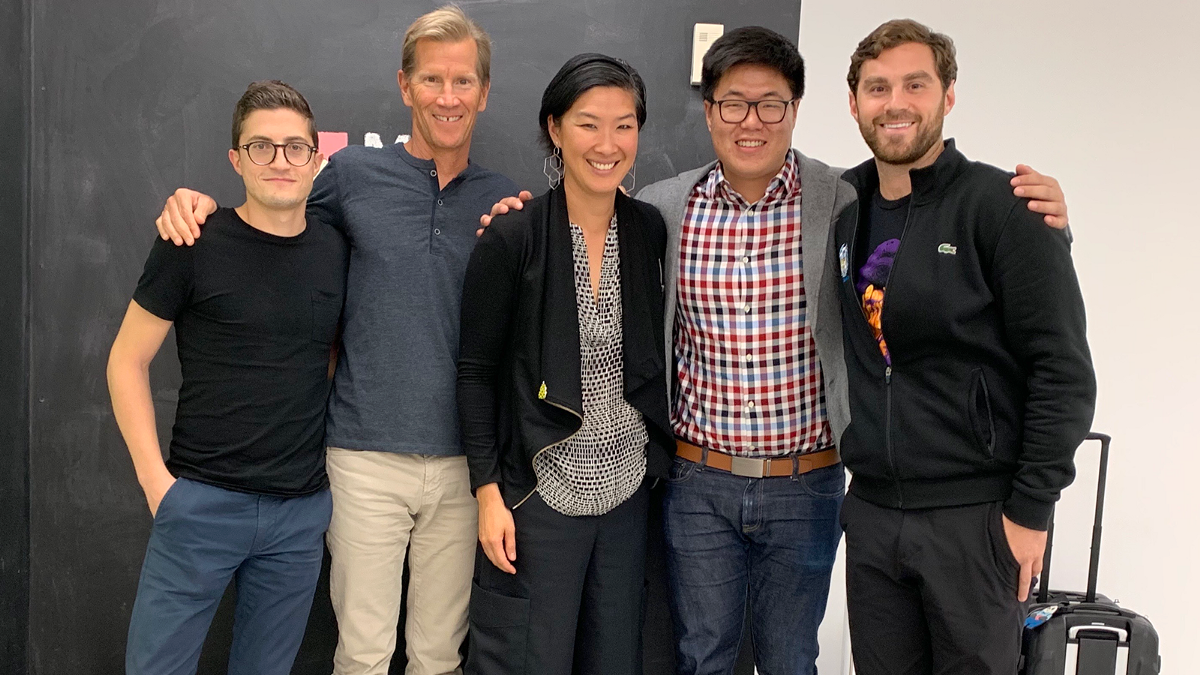
Why We Invested in Paper’s $270 Million Series D Round
by Tony Wan (Head of Investor Content) and James Kim (Partner)
Ever since Benjamin Bloom published his 1984 seminal study on “The 2 Sigma Problem,” which found that one-on-one tutoring had an outsized impact on student learning, the search has been on for ways to provide it at scale.
That idea has since given birth to countless tutoring services. Yet most have fallen short when it comes to equity and efficacy. Many are consumer businesses that sell to students and families that can afford them — and out of reach for those who cannot. And, especially in Silicon Valley, many companies have tried replicating human tutors purely through algorithms and predictive technologies, to varying degrees of success.
But over the years, one company has broken through to make quality tutoring as ubiquitous and readily available as, well, paper.
We are excited to continue backing Paper in its $270M Series D financing, led by Sapphire Ventures and Softbank Vision Fund, and joined by IVP, Salesforce Ventures, Framework Venture Partners, Bullpen Capital, BDC Capital, and Red House Education.
We’ve been invested in Paper since 2018, when it was beginning to explore selling to schools. By then, educational equity was an essential piece of most school and district strategic plans, and administrators were looking for ways to provide equitable tutoring and academic support outside the classroom. We were strongly aligned with the founders, Philip Cutler and Roberto Cipriani, in our conviction that technology could help fill that need, and we were impressed by their hunger to learn and their commitment to the mission.
For a fixed price, Paper sells licenses to schools and districts to make its online tutoring support available to every student, around the clock, with no cap on usage. At any given moment, a student can connect with a trained tutor for pedagogically rigorous homework help, writing feedback and study support across all K-12 content areas. Teachers at schools can access these sessions, see which students need support, and adjust their instruction accordingly.
In some ways, Paper does not fit the typical Silicon Valley profile. For one, it’s based 2,500 miles away, in Montreal. Phil is a former classroom teacher and city councilor. The tutoring experience is centered around rich human interactions, not strictly software, and the tutors are employees, not contractors.
But when it comes to growth and execution, Paper ranks among the fastest-growing tech companies in Silicon Valley and elsewhere. Its footprint spans nearly 30 states, in some of the biggest U.S. districts like Hillsborough County Public Schools and Clark County Public Schools. Nearly two million students use Paper — double the total from last summer, when it raised its Series C round. Many are English Language Learners and/or qualify for free and reduced lunch.
Once implemented, it doesn’t take long for students and educators to recognize how invaluable having access to 24/7 tutoring support is. As one superintendent recently noted:
Paper is proof that one can build a billion-dollar business by offering a mission-critical service to schools that reaches every student, regardless of socioeconomic status. And its growth couldn’t be timelier. National test scores, surveys and studies all show that learners have fallen behind academically in recent years (potentially impacting even their future earnings). Continued staffing shortages have only magnified this problem. School leaders, including the U.S. Secretary of Education, have called for expanding tutoring services to stem learning loss, as research on high-dosage tutoring during the pandemic has shown gains.
Even before the pandemic, students and educators needed better access to a range of supports, from tutors to guidance counselors and mental health providers. This will not change. If anything, demand will only grow as companies like Paper show how technology can connect people with whatever human support they need — whenever and wherever, at scale and equitably. We could not be more excited to serve as their partners in this mission.



